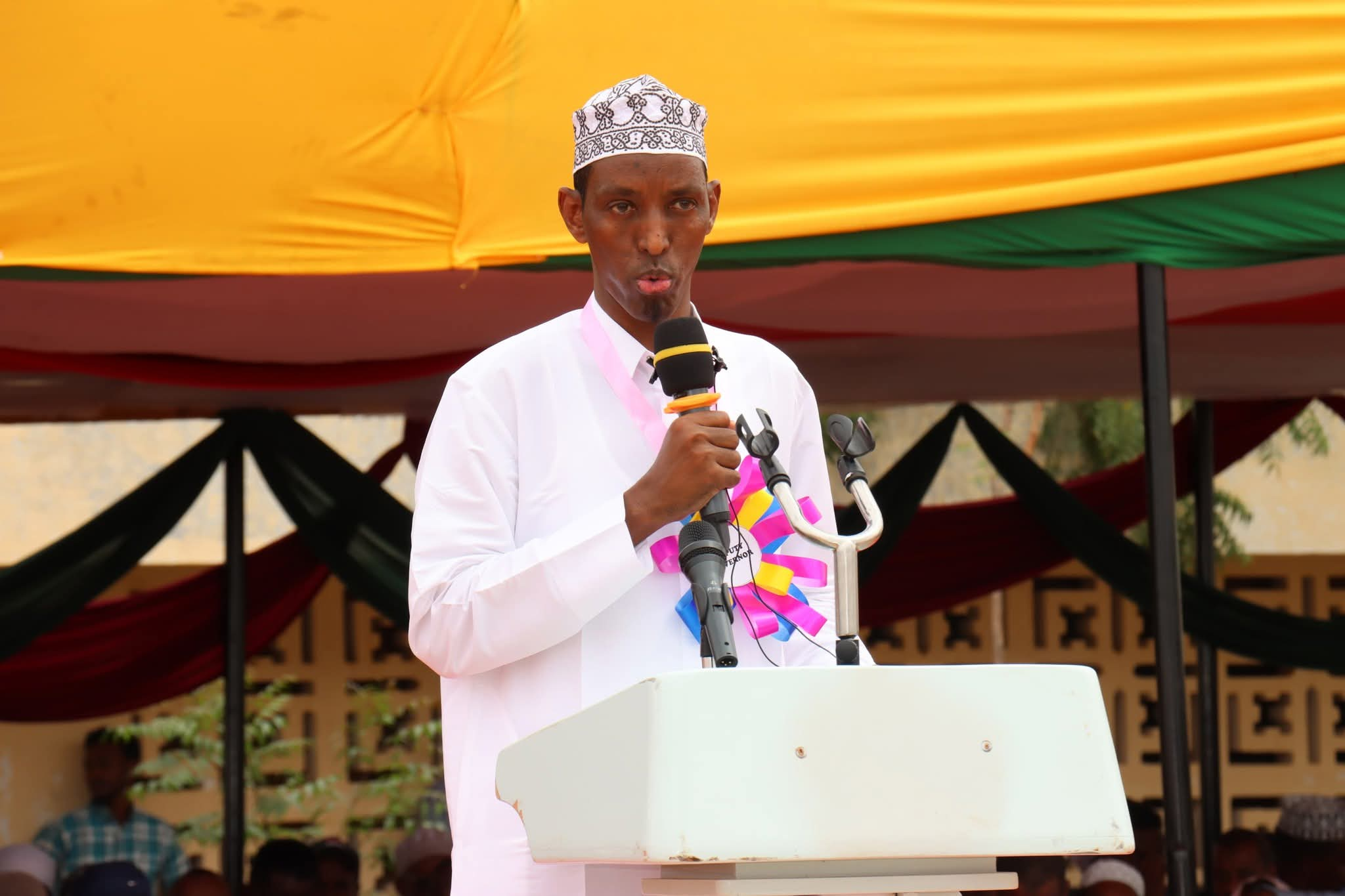Human trafficking flagged as major barrier to education access in Wajir

Muhumed urged stakeholders to develop urgent strategies to combat migration-related exploitation.
Wajir Deputy Governor Ahmed Muhumed Caato has raised the alarm over the growing problem of human trafficking in the region.
He said trafficking remains a serious and escalating issue in Kenya, particularly affecting vulnerable youth in marginalized communities.
Muhumed described it as a threat to youth development and education in pastoralist and majority-Muslim counties.
He noted that many young people who should be pursuing higher education are instead being lured into trafficking networks in search of undocumented passage to foreign countries.
"Most of our students who ought to go to college and tertiary institutions do not go but pursue avenues to be trafficked overseas," he noted.
“Often disguised as promises of job opportunities or education abroad, traffickers exploit the desperation of young people and their families seeking better futures,” he added.
The deputy county boss further explained that victims are “lured into forced labour, domestic servitude and sexual exploitation, both within the country and across borders.”
He called for a broader national conversation on the issue, warning of its long-term consequences on the region’s future workforce and educational progress.
“It is one of the most difficult problems. I think we need to have that discussion on another day,” he emphasized.
Muhumed urged stakeholders to develop urgent strategies to combat migration-related exploitation.
He stressed that safer and more sustainable paths must be created for youth to thrive through education and employment.
“Tackling this issue requires a coordinated effort from government, civil society, and communities,” he said. “We urge collaboration among all stakeholders to counter the challenges faced by students and restore hope for a brighter future.”
The International Organization for Migration (IOM) has identified Kenya as a source, transit, and destination country for human trafficking.
According to IOM Director General Amy Pope, children are trafficked domestically from rural to urban areas and subjected to domestic work, street begging, and commercial sexual exploitation.
“Internationally, many young people from northern and coastal Kenya are trafficked to the Middle East, South Asia, and parts of Europe under false recruitment schemes,” said Pope.
She added that once abroad, their identification documents are often confiscated, and they face abuse, unpaid labour, and unsafe conditions.
“The crisis is further complicated by poverty, limited access to education, unemployment, and weak enforcement of laws,” said Pope, the first woman to head the IOM, elected in 2023.
Despite the establishment of the Counter-Trafficking in Persons Act and the National Assistance Trust Fund for Victims, implementation remains inconsistent.
Public awareness is still low, and traffickers often operate with impunity.
